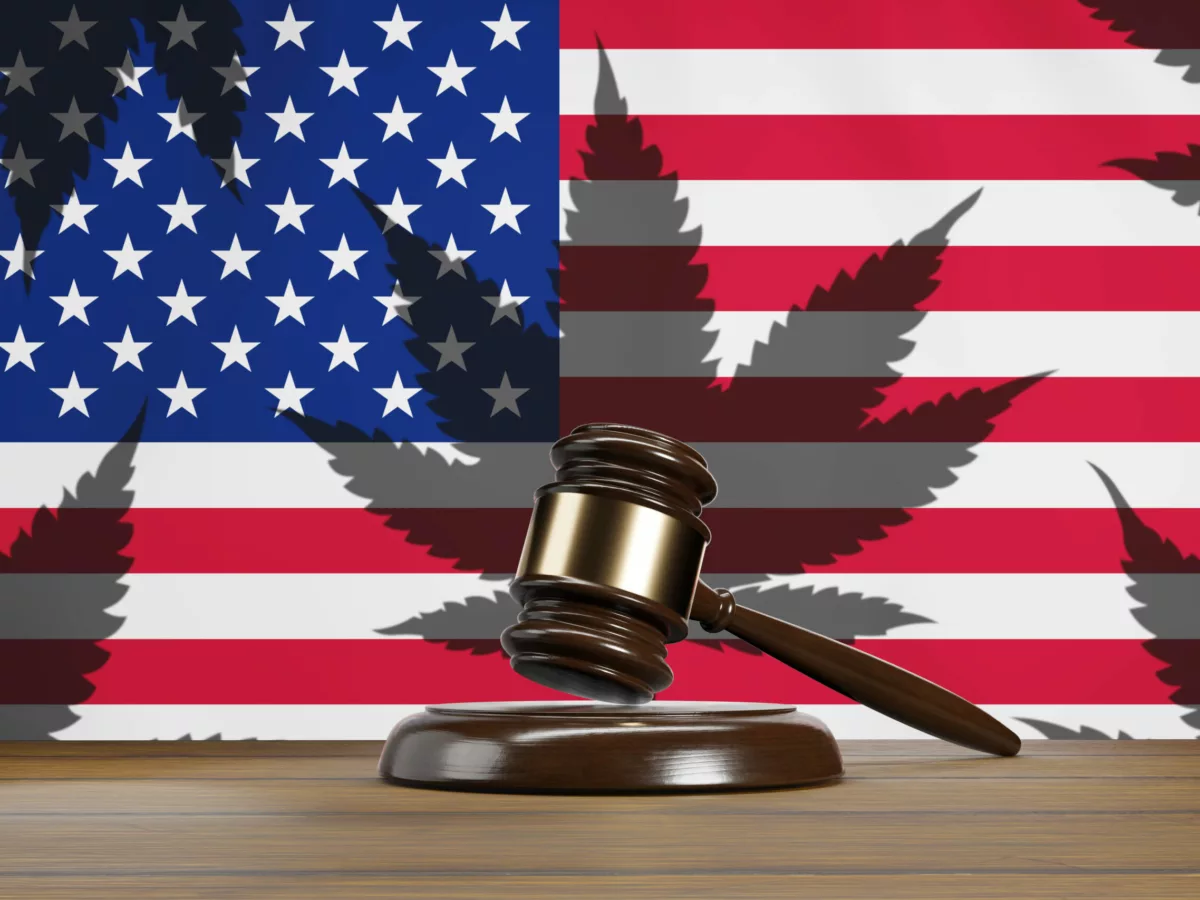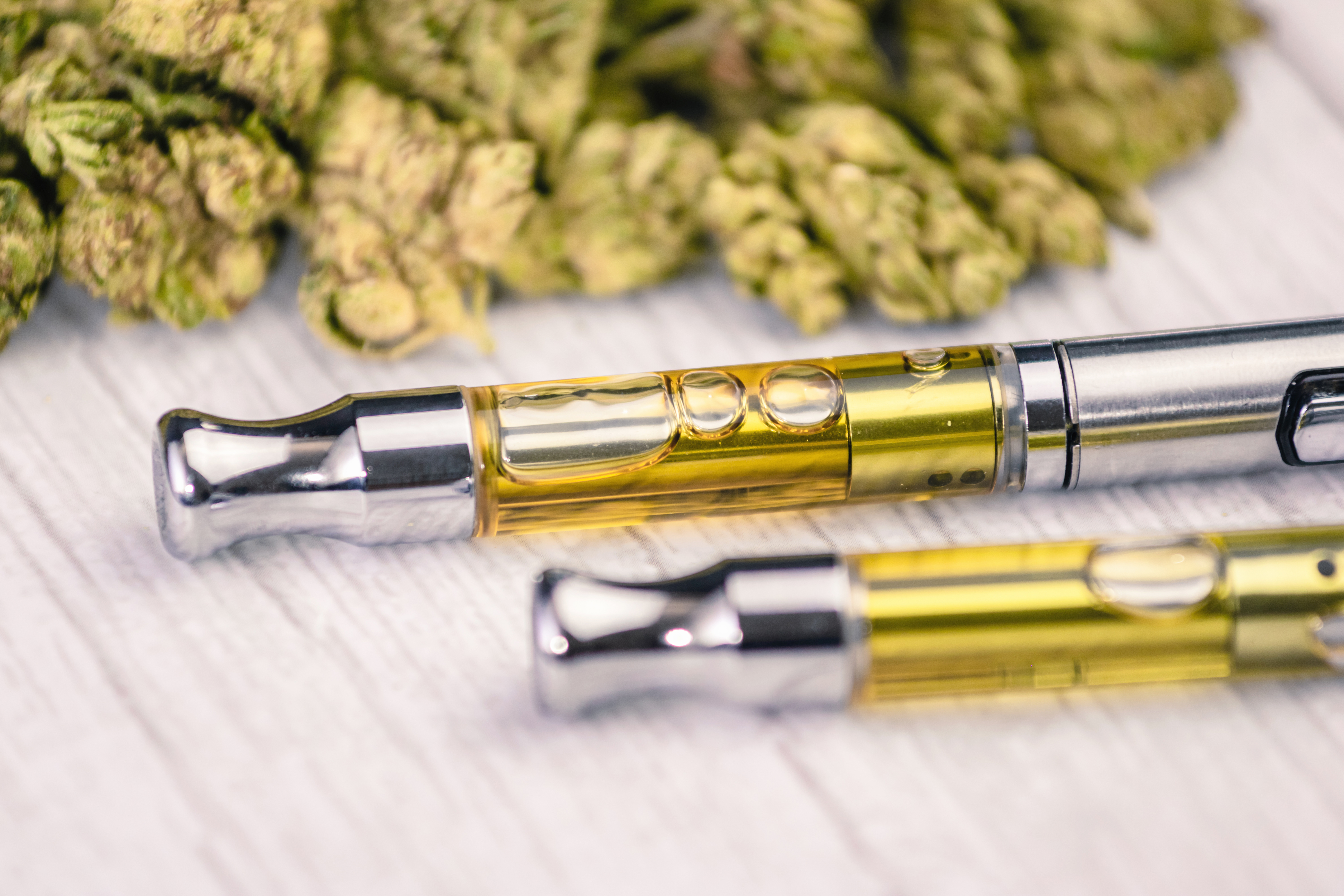Supporters of a new cannabis initiative made their case to the D.C. Board of Elections on Wednesday at a meeting to determine if the initiative met certain requirements to be put on the ballot in November.
The New Modern-Day Criminal Justice Cannabis Reform Act of 2020 seeks to legalize commercial cannabis sales and fix the gaping hole in the current legal status of cannabis in Washington D.C. The initiative, which addresses social equity, regulation, and criminal justice reform, calls for all cannabis-related charges, including all “violations, possessions, search and seizures,” to be wiped out. Cannabis would also no longer be allowed to be used as a pretext for “stop and frisk.”
During the virtual Board Of Elections meeting, members of the community spoke about their experiences with the limits of D.C.’s legalization without commercial cannabis and why they supported the initiative.
Ward 4 resident Sebastian Medina said that the current structure only “empowers venture capitalists and criminalizes the legacy market,” referring to the District’s complex “gray market” where medicinal cannabis exists and gifting small amounts is allowed but there is no conventional commercial industry as there is in states where cannabis has been legalized.
“It’s no secret that the legal market is controlled by large corporations,” Medina said.
Kyla Hill, deputy director of Modern Day Cannabis Justice Reform, the organization spearheading the initiative, noted the racial disparities when it comes to who is arrested for cannabis—out of 840 arrests last year, 83 percent were people of color.
“Cannabis prohibition puts a target on minorities, “ Hill said.
The meeting was not to decide the actual merits of the initiative, but whether it could be put on the ballot in November once—or if—it obtained the required number of signatures. The Office of the Attorney General submitted an opinion that said the initiative did not meet requirements because the “measure would impermissibly interfere with financial affairs of the District.”
Dawn Lee-Carty, president of Modern Day Cannabis Justice Reform, toldThe Outlaw Report that she never received the opposition letter from the Attorney General’s office, and had only been made aware of it one day before the meeting.
“They said it was out of scope because it deals with appropriations and redirecting funding,” she said, referring to the initiative’s social equity component. The initiative, which intends to keep commercial cannabis local, says that sellers must be D.C. residents. It also bans vertically integrated companies, which dominate the majority of the cannabis market and are usually owned by white men.
“What’s wrong with being a Black or brown business owner?,” she said. “This is a billion dollar industry.”
For Lee-Carty, it’s also very personal. Her 12-year-old daughter Zoe has frontal lobe epilepsy and has suffered seizures her entire life. Lee-Carty told The Outlaw Report that her daughter had benefited from low doses of THC and CBD. Since learning about the use of cannabis to treat seizures in 2016, Lee-Carty’s daughter’s seizures declined by 85 percent.
But in February, Zoe ingested a bottle of contaminated CBD. Toxicology reports indicated that Zoe had been poisoned by a derivative of ecstasy in the crop spray. She remained in the Intensive Care Unit for six days. On top of that, Lee-Carty said she was hounded by Child and Protective Services for two months.
“I didn’t know D.C. had an unregulated market. It was then I knew a fight had to be made,” she said.
She said that her daughter hasn’t been the same since February, and that the reaction to the contaminated CBD caused swelling on the right side of the child’s brain. Carty previously won an effort for her daughter to use her medication— a low-THC inhaler—in school.
For now, it’s back to the drawing board to address the District Attorney’s concerns of using city funds: “We don’t have to use appropriations but we can still have social equity. They don’t have to touch any of their money,” she said.
The District Attorney’s office did not respond to The Outlaw Report’s requests for comment.






